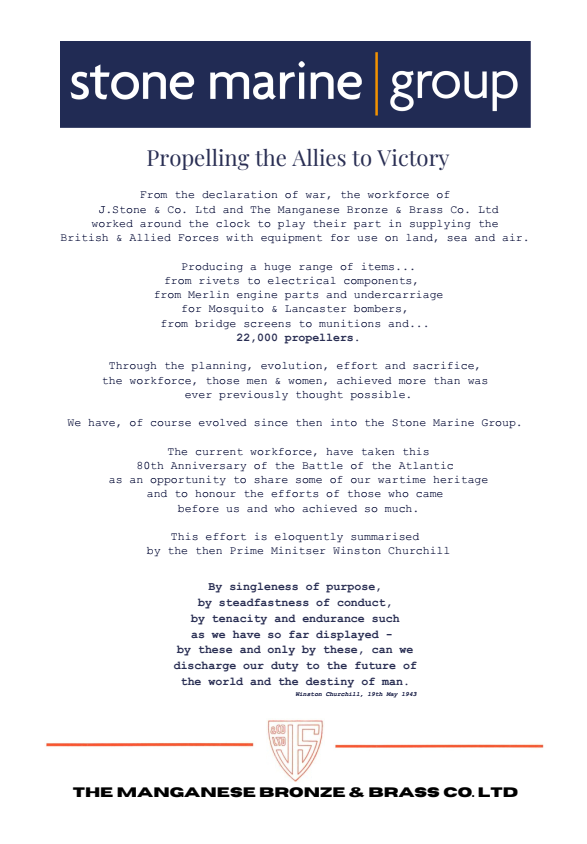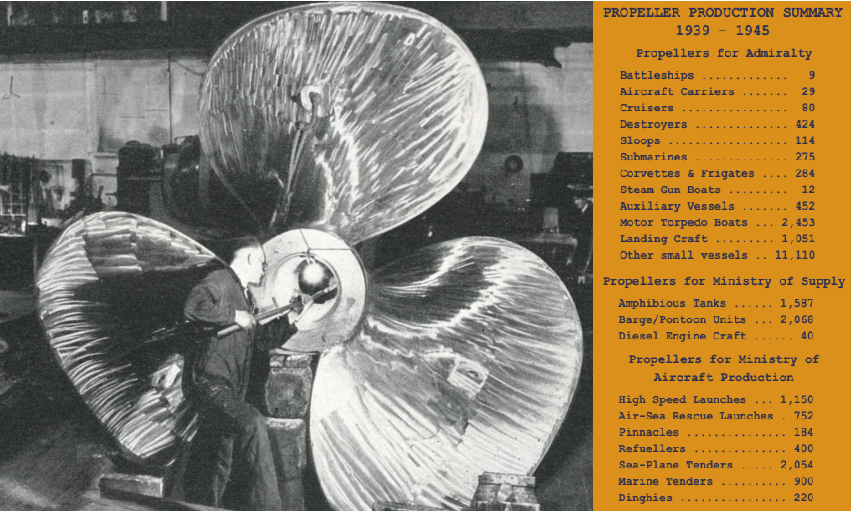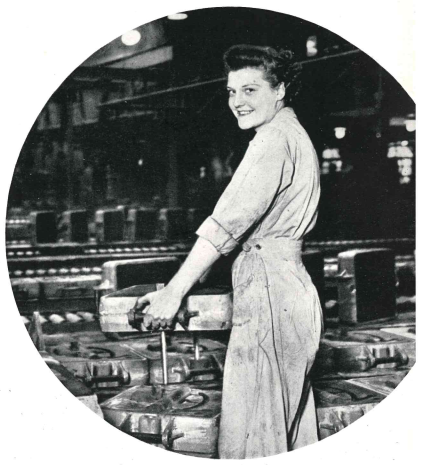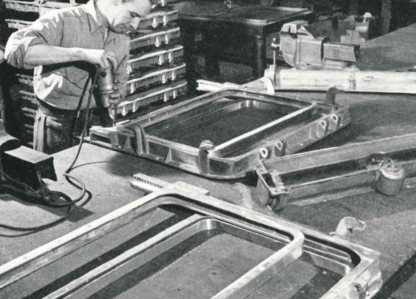The fifth instalment of our BoA80 series: Land Defense Volunteers (LDV) and The Home Guard.
Despite the protected status of key engineering manufacturers and their workforces exemption from active service there was a strong drive to serve in any other way possible and the idea of a local defence force surfaced all over the country in the early days of 1940.
On May 14th, 1940, the Secretary of State for War – Anthony Eden broadcast his invitation for the enrolment of able-bodied men of age 15-65 and the Local Defence Volunteers (LDV’s) were formed with an immediate response from over 250,000 men.
These volunteers soon developed into a force of over 2 million in the form of the ‘Home Guard’ but it was a long time before this new army could be armed – for many months shotguns, pikes, and truncheons were more common than rifles.
In the J. Stone & Co. and Manganese Bronze & Brass factories of Charlton & Deptford the rifles were issued relatively quickly and by June 1940 10 Ross Rifles had been provided to each factory with ‘several’ rounds of ammunition for each rifle.
In the Factory Home Guard Units managers, labourer’s and foremen stood side by side with clerks, directors, and fitters. In the early days, before much of the training for each individual role had been developed, the Home Guard were sometimes considered more of a menace than the expected invasion of Britain, but they soon developed into a well-armed, well trained, and disciplined body of men.
Training was kept as true to the battlefield as possible with J. Stone’s Charlton Factory Company once capturing the Royal Dockyard at Woolwich – defended by a company from another local factory – bragging rights provided much needed cheer and redoubled efforts to improve.
Along with local defence, Air Raid Precautions, commonly known as ARP became hugely important in 1940.
At the Deptford works a convenient row of railway arches provided great cover but at other factories less sturdy arrangements were described as rattling when any bomb dropped within a mile.
Of course, many air raid alarms were sounded only for the all clear to be given before the workforce reached their shelters and so the ‘Roof Spotter’ came into being. At the first warning of enemy aircraft the on-duty roof spotter grabbed his tin hat and got to the roof as quickly as possible.
Often sacrificing their own safety, factory workers routinely ignored the air raid sirens until ‘their man on the roof’ sounded his alarm. This was the signal that the enemy was coming their way.
When families began to be evacuated, many men took up residence at their factories as there was little reason to go home.
As bombing became more serious, plans were put in place to ensure that production of propellers was disrupted as little as possible. Shadow factories were readied, and plans were drawn up for a move North West.
Stones were about to begin their long association with the town of Birkenhead.








